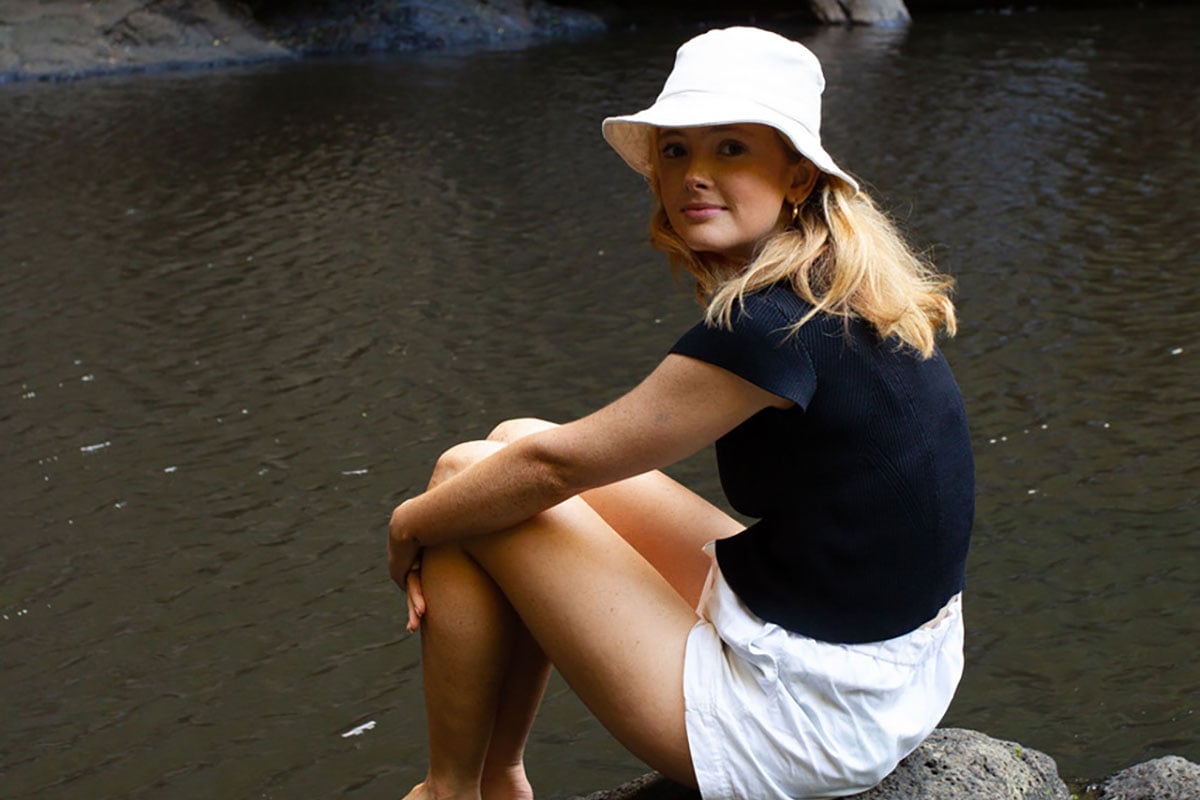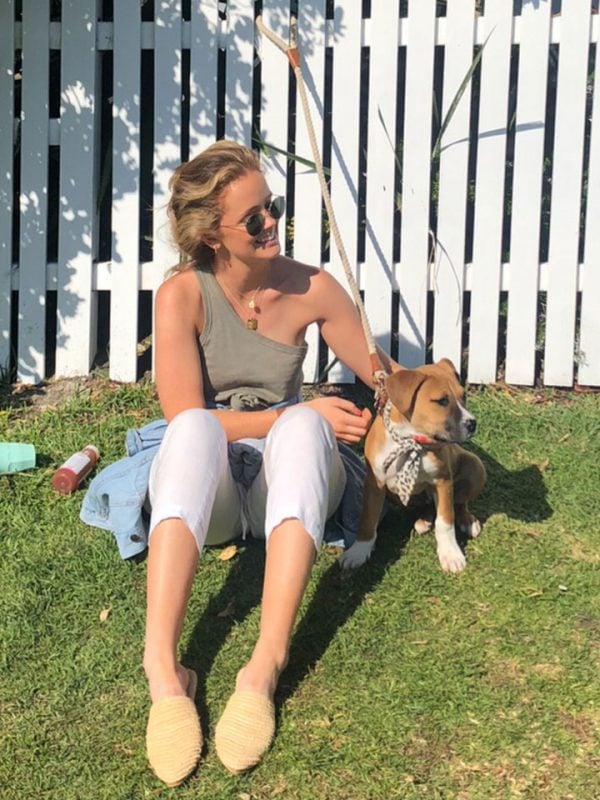

On Christmas Day 2017, 23-year-old Lily O’Connell thought she was suffering from a terrible flu or food poisoning. She was aching all over, vomiting, and had a fever.
But when her mother noticed a rash appear on her face and body, she knew it was something more.
“Minutes later we were in the car on the way to the hospital,” Lily shared in an interview with Mamamia. “Thank goodness the hospital is literally three minutes away from my home. It all escalated in such a short period of time.”
Doctors told Lily’s mother that if she had waited any longer, she may not have made it.
“Lucky I was at home with my mum. A lot of the people who do end up passing away from meningococcal are those that are living alone,” Lily says.
Lily was diagnosed with the W strain of meningococcal, which led to kidney failure. She was kept in the ICU for a week, and then moved to a ward for three weeks.
Even after her month in hospital, Lily had to come back to the hospital every second day, for five hours at a time, for dialysis.
“Even though I had left the hospital as such, I was still chained to it for around nine months,” she shares.
“There were so many things I couldn’t do.”
Lily says that her friends had assumed that she would be fine once she left hospital but that was not the case. Lily says that essentially she had to put her life on hold for a year while she recuperated.
“I had to stop university and quit my job,” she explains. “I lost the ability to focus, my memory was really bad, I was very sensitive to light. Things like looking at a laptop or reading a book were really hard. When you take away those simple pleasures in life it makes it very difficult.”


